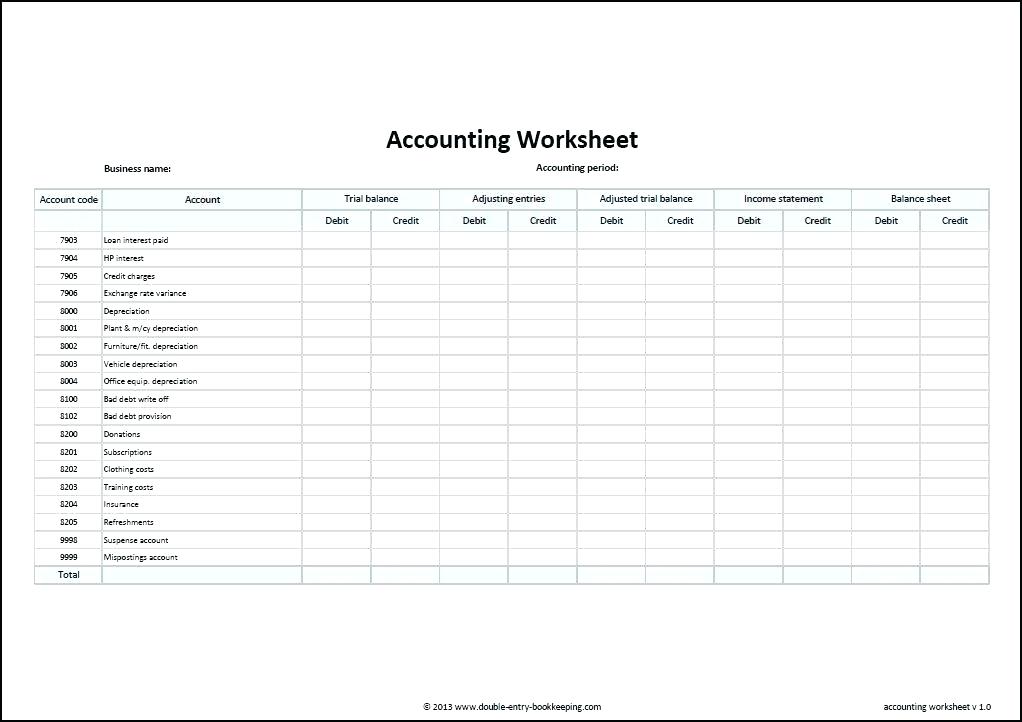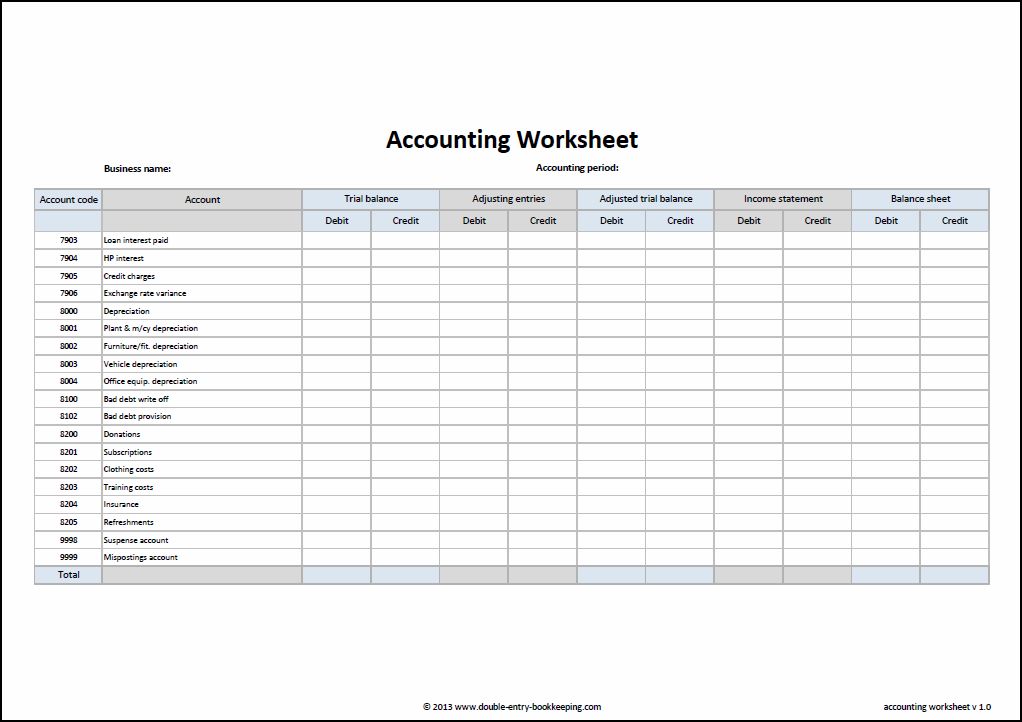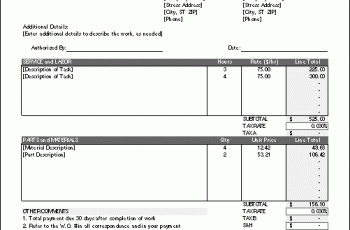8+ Excel Bookkeeping Templates Excel Templates

You can choose between several prefabricated templates or you can create one from scratch. You can start with your completely free form templates or you can start with a blank form. Instead of starting from scratch, there are a number of templates that provide you with a good starting point. It will be useful if you use the template recommended by your accountant and your compliance manager as they are updated with the new accounting system. There will be complexities that you may not have the ability to capture in the template that I provided or specific reports that you are not sure of how to collect. In general, accounting templates allow you to control the way commercial transactions occur. Therefore, the online Excel accounting template can not be reliable as long as it requires precise effects and compliance.
Commercial documents are usually quite dry and dull. Processing financial documents linked to a commercial company basically means that they should appear on the list. From that point, you can download a duplicate of the template. Filling your document with all types of industry jargon and luxury acronyms could force you to feel educated and knowledgeable.
Accounting allows you to monitor finances. It is not so expensive It is important for each business size to keep track of the amount of expenses and payments that are made in a specific time frame. It is a process in which you track the financial transactions of your company. It does not seem to make you earn money directly, so it’s easy to delay it until later. Your accounting should be a tool that you use to help you make business decisions and manage your organization. The period accounting is enough to send people running to cover themselves.
Regardless of the method you select for accounting, be sure to keep your financial records for three or more decades. Accounting is an important task for each and every small and massive organization. Until then, the use of a very simple spreadsheet template met the accounting needs of my company for more than ten decades.
The project manager has become the most important factor in the success of the project. Project management is a critically important profession necessary to ensure that teams are designed to offer products that transform organizations. Although it can be thought that the company is liquid and accounts receivable, in addition to liabilities, were kept to a minimum, the reader of the balance sheet report must observe the operation of the company ensuring a duplicate of the income statement. Rationalizing your home finances is an important procedure and should be managed with the same focus and energy as if you were doing business. In addition, by adopting a very simple accounting system, the small business can use the accounting spreadsheets to manage the financial control of the company and complete the crucial job of reporting for tax purposes. If you have recently created your own company, accounting work can seem daunting. If you are operating a registered business with VAT, then your options are a little more limited.
bookkeeping template

Accounting Excel Sheets For Small Business.3 Excel Bookkeeping

bookkeeping template

If you are looking for a simple Small Business Bookkeeping

bookkeeping template

Free Bookkeeping Template YouTube

Free Accounting Templates in Excel













